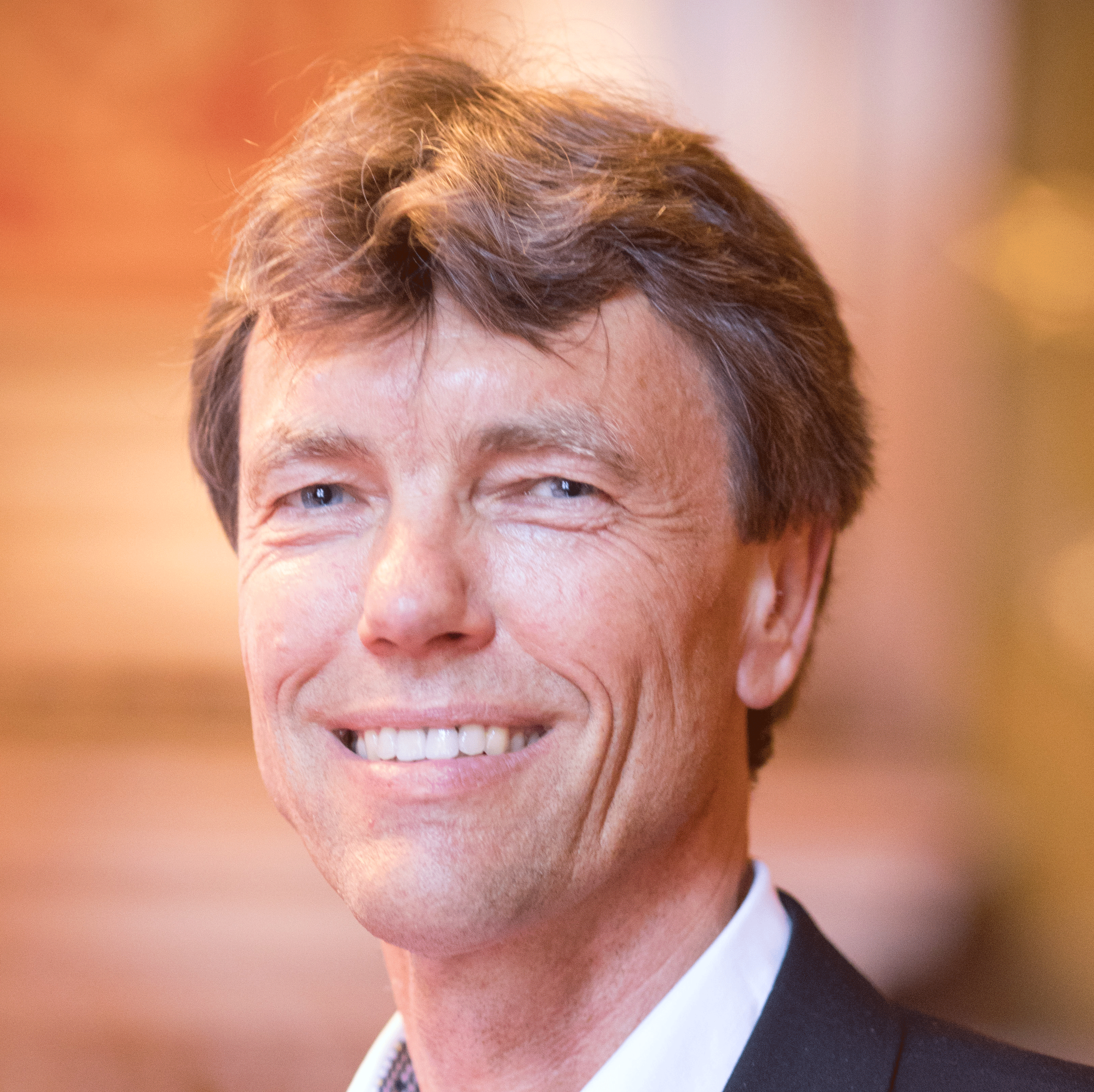
This interview is part of a series of perspectives from ISC Fellows and other members of the ISC’s network on the forthcoming United Nations Climate Change Conference (COP27), which will be held from 6 to 18 November 2022 in Sharm El Sheikh, Egypt.
Q: Are you planning to attend COP27?
Martin Visbeck: I’ve travelled to COP in some years because it is an opportunity for the expert and science community to network across the private sector, NGO, UN agency and policy team space, and in limited amounts with some of the negotiators as well.
There’s a high chance that I’ll be attending Sharm el Sheikh in virtual mode to give short presentations, but I have decided not to travel there. That’s partly due to scheduling, but also – from what I’ve been reading – this particular COP has been set up with a very large distance between the negotiating part of the community and the expert NGO part of the community, which is unfortunate.
It’s nice to see that the ocean is increasingly visible, more respected and increasingly accepted as an important part of the climate domain that needs to be included in the work of the COP. This year both the Intergovernmental Oceanographic Commission (IOC) and the UN Decade of Ocean Science for Sustainable Development community is organizing a virtual pavilion, and I think I will contribute to that. There will also be an in-presence pavilion for many of the ocean science organizations convened by the SCRIPPS and Woods Hole institutes of oceanography. While there always have been small ocean booths, a joint pavilion by the ocean research community will have a much more substantial presence for the first time. I’m sad to miss that. These kind of events are a platform for knowledge exchange between the ocean science community, civil society, the policy community and social movements.
Q: What do you hope might result from this year’s COP?
Martin Visbeck: At COP26 in Glasgow there was a need to finalize the work on the rulebook following the Paris Climate Agreement. The Conference of the Parties (COPs) of the UNFCCC are negotiating venues where intergovernmental agreements are made. Sometimes these climate COPs are described as a climate meeting with the expectation that the latest climate science and climate action gets discussed by the experts. That does happen a bit, but it’s not the main track. The main track is negotiating policies. With The Paris Agreement there were a number of items in the rulebook that needed to be completed, and that was largely completed in Glasgow 2021.
The one area that Glasgow didn’t deliver on is bridging the divide between the Global North and the Global South, or the traditionally CO2-emitting countries, like mine, and countries that have emitted less but are equally affected by climate change induced by CO2 or greenhouse gas emissions. They have not benefitted from the industrialization that came with polluting the planet, and now they are being affected by the negative sides with less economic resource to adapt. I think the hope everywhere for COP27 is that will be some progress on the loss and damage process for transfer of funds from those OECD countries that have benefited from CO2 emissions to support the Global South with appropriate adaptation or mitigation measures.
I actually think that will not happen at the scale that would be needed, unfortunately, but making the needed finance flows a reality will be the most interesting aspect of the meeting. The Global South is asking for OECD countries to show they’re serious about this by providing assistance. If the Global North is not willing to do that, why should Global South countries decarbonize? This is the really big issue.
Speaking as an ocean scientist, there is a process at play that may eventually lead to an focused ocean negotiation track at the climate COP. The ocean is part of the solution: it absorbs around 25% of CO2 emitted. There’s a lot of effort in the global investment community on ocean-based, nature based or technological solutions for removing CO2 from the atmosphere into the ocean domain. However, there are serious questions about whether or not these so-called blue carbon drawdown initiatives can be part of the national carbon accounting in the COP framework (NDCs). For example, emissions from the merchant fleets, plus the dramatic impact of ocean warming, rising sea level, increasing ocean acidification, ocean deoxygenation, marine heat waves and biodiversity loss, all are arguments why a separate ocean negotiation track at COP would make sense. I’ll be very interested to see where the community sits at this COP, and whether their governments are interested in opening up such an ocean track.
Q: Many scientists will be observing these processes, either on the ground at the COP itself, or from a distance. What role should they have in in monitoring and speaking out about what’s happening at the level of policy on climate change?
Martin Visbeck: I think the scientific academic community has two important roles. One role – which should be done by now – is to work with the experts that are part of the negotiating team in your own country and be available to them for any technical questions they might have, such as about the ocean dimension of climate change or climate solutions. This happens as an ongoing interaction and knowledge exchange process, which I think needs to be done within a country to prepare those negotiators. Nothing comes out of the blue at a COP: 80% of the work happens ahead of the COP at the preparatory meetings. And then there’s 20% that might or might not have been agreed to that needs to be done there. It is important for the scientific community to be aware that their leverage on making things happen at the COP meeting itself is very limited. It’s much, much bigger in the time before your government and negotiation teams go to COP.
At COP, you have another opportunity by interacting with the media. The media report on the COP, in particular in the first days. The law makers are not able to say much while the negotiations are ongoing, but – at the same time – if they want to have an ambitious position, the negotiators appreciate if the media bring attention to an issue and build political pressure back home. If nothing comes through in the media, many governments might feel that nobody cares and choose the lowest level of ambition. So we can raise awareness but also have the unique opportunity to talk about the foundational science – answering questions on what we do know, where the uncertainty lies, and what the possibilities are based on the knowledge that exists.
When asked, I always recommend to people who want to go to the COP: this is not the place where you talk science to scientists, this is the place where you communicate science to stakeholders or to the media. Scientists who go to COP should be media savvy, and not afraid of talking to journalists: the best role you can have is to really bring the science to those discussions based outside the formal negotiations. The NGOs and some of the big corporations also do this at COP, and I think the ISC, its Members and similar bodies should be marketing their knowledge, which is based on facts, in order to secure the continued engagement of governments in fundamental and solution-relevant climate science. It’s also an opportunity for the scientific community to listen to negotiators or other stakeholders about where the knowledge gaps are, so that we can identify priority fields for science to engage in. That’s particularly true for the Global South, who are pushed in many directions and have few people involved in these processes. I’m particularly interested in how we can empower those non-OECD countries to have more equitable access to the scientific knowledge on which to base their climate action. Let’s work together to ensure that the ‘global voice of science’ is truly global and will be heard.

Martin Visbeck is a Member of the ISC Governing Board (2021-2024), ISC Fellow and Member of the Standing Committee for Science Planning. He is head of the research unit on physical oceanography at GEOMAR Helmholtz Centre for Ocean Research, Kiel and Professor at Kiel University, Germany.
Image by Iga Gozdowska via Flickr.